So what is product Greenwashing?
Greenwashing eh? Heard the one about the "Natural Insulation" rigid board product that is full of plastic and hazardous waste? No? Well remember where you heard that one first... As much as we appreciate good marketing, we really dislike "Greenwashing" of products (see here for definition) and much prefer clear and ethical labeling, like the FSC labels for sustainable wood products. So we were heartened to hear today that a major investigation is starting in the UK and Europe into the practice of "Greenwashing."
Why is the CMA investigating Greenwashing?
As a market worth an estimated $160 billion dollars a year in English speaking countries and accounting for up to 90% of consumer spending growth, the "sustainable" labelled market sector is one that looks very attractive to Brand marketers. As it is so attractive, and because of a rising number of consumer complaints and concerns, the CMA will investigate descriptions and labels used to promote products and services claiming to be ‘eco-friendly’ - especially in relation to whether they could mislead consumers.
This new investigation by the CMA is a response to the growing number of products and services being marketed as environmentally friendly, as awareness of environmental issues increases. In 2019, UK consumers alone spent £41 billion a year on ethical goods and services – almost 4 times as much as people spent two decades ago.
Based on its own research and evidence from other enforcers, the Competition and Markets Authority (CMA) is concerned that this surge in demand for green products and services could incentivise some businesses to make misleading, vague or false claims about the sustainability or environmental impact of the things they manufacture and/or sell.
Examples of misleading Greenwashing behaviour could include:
- Exaggerating the positive environmental impact of a product or service;
- using complex or jargon-heavy language;
- implying that items are eco-friendly through packaging and logos when they are not.
As part of its work, the CMA will also consider whether failing to provide all relevant information about the sustainability of a product or service – for example, whether it’s highly polluting or non-recyclable – could mislead consumers and therefore break consumer law in the UK and Europe.
So, this Greenwashing is only in the UK?
No, although UK marketing practices will be the focus of the CMA’s examination, the CMA is also taking a leading role in looking at green claims in a global context - which is where Ecohome's ears pricked up. Work will be carried out alongside the Dutch Authority for Consumers and Markets, as part of a project with ICPEN (the International Consumer Protection and Enforcement Network). Initially, from the 9th to the 20th of November 2020, the CMA will co-ordinate a ‘sweep’ of randomly selected websites with ICPEN members, with the aim of identifying the types of misleading green claims being made around the world by greenwashing marketeers.
To start, the CMA is looking across a wide range of sectors, although it is likely to focus on those industries where consumers appear most concerned about misleading claims, including textiles and fashion, travel and transport, and fast-moving consumer goods (food and beverages, beauty products and cleaning products).

Famous Examples of Greenwashing
Probably the best-known example of Greenwashing in recent years is Volkswagen’s emissions-cheating scandal in which it admitted to rigging 11 million of its own “clean diesels” with devices designed to cheat emissions controls. Not surprizing this garnered the most headlines with the kind of settlement that the FTC reached with Volkswagen, which agreed to refund eco-minded consumers more than $11 billion to settle the agency’s allegations.
The CMA also wants to better understand the impact of green marketing on consumers, in line with the commitment made in its annual plan. The CMA is therefore calling on the public to react and report greenwashing here on what they expect from eco-friendly products, how often they come across green claims, and how these claims affect their purchasing decisions. The CMA is also consulting with charities, businesses and other organisations to get a clearer picture of the issues in this area - and the Ecohome Network have reached out to participate.
Following these discussions, the CMA intends to publish guidance for businesses next summer to help them support the transition to a low carbon economy without misleading consumers. At this early stage, the CMA has not reached a view as to whether or not consumer protection law has been broken. However, if it finds evidence that businesses are deliberately misleading consumers, then it will take appropriate action.
Andrea Coscelli, Chief Executive of the CMA, said:
"Increasing numbers of people are quite rightly concerned about the environment and want to play their part by being greener. Our role is to make sure that consumers can trust the claims they see on products for sale and don’t fork out extra for items falsely presented as eco-friendly.
We know that many businesses will be looking for ways to reduce their carbon footprint and we strongly support this, but the claims they make must not mislead consumers in the process. It’s important that people can easily choose between those who are doing the right thing for the environment and those who are not, so that businesses genuinely investing in going green can be properly rewarded by their customers".
We couldn't put it better ourselves! Voting with our wallets is the surest way to change the environmental quality of sustainable products available in the marketplace.
Learn more about choosing eco-friendly building materials, building with recyled wood, and other easy choices that help reduce the environmental footprint of construction projects, all in these pages :
Find more about green home construction in the Ecohome Green Building Guide pages - also, learn more about the benefits of a free Ecohome Network Membership here. |
All updates on the CMA’s work in this area can be found on the misleading environmental claims case page.
Some of the text on this page is republished and contains public sector information licensed under the Open Government Licence v3.0. The original information page can be reviewed here


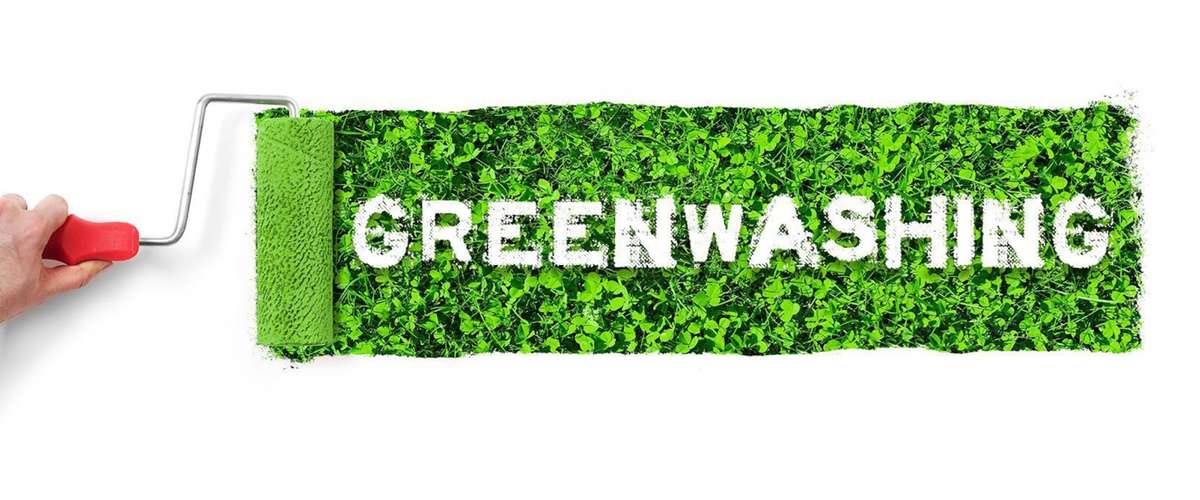















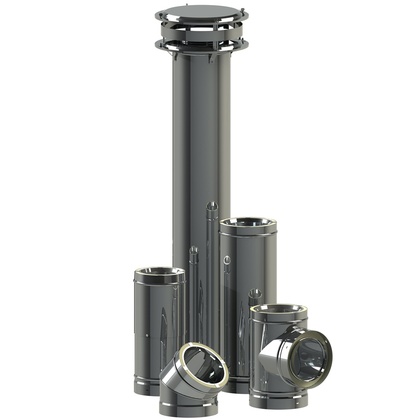
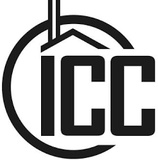




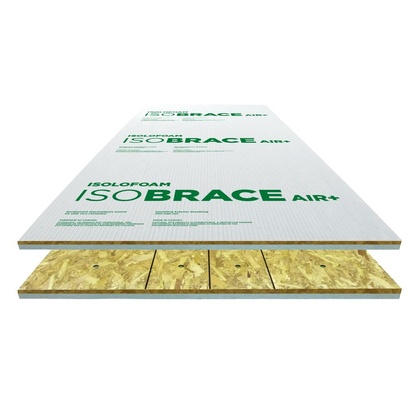

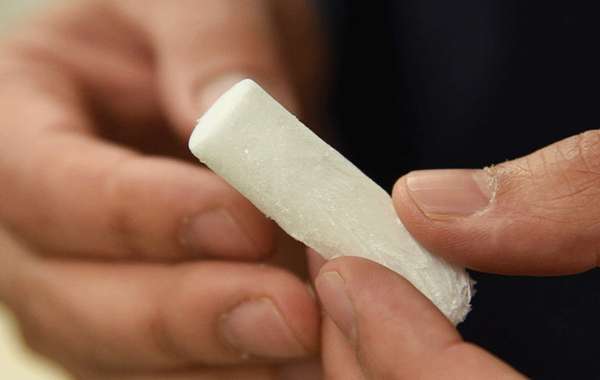

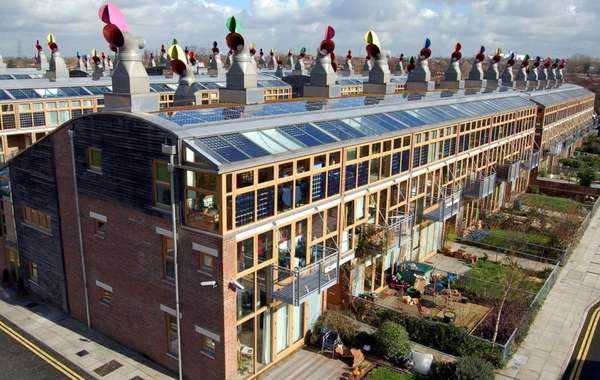







Comments (0)
Sign Up to Comment